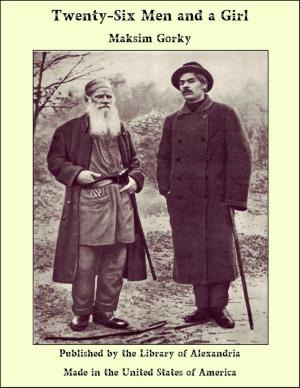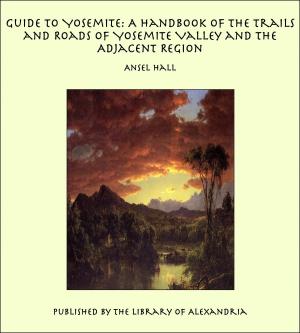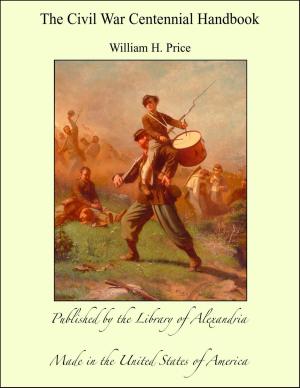The Smuggler Chief: A Novel
Nonfiction, Religion & Spirituality, New Age, History, Fiction & Literature| Author: | Gustave Aimard | ISBN: | 9781465602695 |
| Publisher: | Library of Alexandria | Publication: | March 8, 2015 |
| Imprint: | Language: | English |
| Author: | Gustave Aimard |
| ISBN: | 9781465602695 |
| Publisher: | Library of Alexandria |
| Publication: | March 8, 2015 |
| Imprint: | |
| Language: | English |
America, a land not yet thoroughly explored, and whose immense savannahs and gloomy virgin forests conceal so many mysterious secrets and unknown dramas, sees at this moment all eyes fixed upon her, for everyone is eager to know the strange customs of the semi-civilized Indians and the semi-savage Europeans who people the vast solitudes of that continent; for in the age of transformation in which we live, they alone have remained stationary, contending inch by inch against the civilization which invades and drives them back on all sides, and guarding with a religious obstinacy the faith, manners, and customs of their fathers—curious manners, full of interest, which require to be studied carefully and closely to be understood. It is to America, then, that we invite the reader to accompany us. But he need not feel alarmed at the length of the voyage, for he can make it while comfortably seated in his easy chair by the fireside. The story we propose to tell has its scene laid at Valparaíso—a Chilian city as regards the soil on which it is built, but English and French, European or American, through the strange composite of its population, which, is formed of people from all countries, who have introduced every possible language and brought with them every variety of trade. Valparaíso! the name echoes in the ear like the soft sweet notes of a love strain! Valparaíso! the city of Paradise—the vast depôt of the whole world. A coquettish, smiling, and frolicsome city, slothfully reclining, like a thoughtless Indian maid, at the base of three mountains and at the end of a glorious bay, dipping the tips of her roseate feet in the azure waters of the Pacific, and hiding her broad brilliant forehead in the tempest-swollen clouds which float along from the crests of the Cordilleras to make her a splendid diadem.
America, a land not yet thoroughly explored, and whose immense savannahs and gloomy virgin forests conceal so many mysterious secrets and unknown dramas, sees at this moment all eyes fixed upon her, for everyone is eager to know the strange customs of the semi-civilized Indians and the semi-savage Europeans who people the vast solitudes of that continent; for in the age of transformation in which we live, they alone have remained stationary, contending inch by inch against the civilization which invades and drives them back on all sides, and guarding with a religious obstinacy the faith, manners, and customs of their fathers—curious manners, full of interest, which require to be studied carefully and closely to be understood. It is to America, then, that we invite the reader to accompany us. But he need not feel alarmed at the length of the voyage, for he can make it while comfortably seated in his easy chair by the fireside. The story we propose to tell has its scene laid at Valparaíso—a Chilian city as regards the soil on which it is built, but English and French, European or American, through the strange composite of its population, which, is formed of people from all countries, who have introduced every possible language and brought with them every variety of trade. Valparaíso! the name echoes in the ear like the soft sweet notes of a love strain! Valparaíso! the city of Paradise—the vast depôt of the whole world. A coquettish, smiling, and frolicsome city, slothfully reclining, like a thoughtless Indian maid, at the base of three mountains and at the end of a glorious bay, dipping the tips of her roseate feet in the azure waters of the Pacific, and hiding her broad brilliant forehead in the tempest-swollen clouds which float along from the crests of the Cordilleras to make her a splendid diadem.















